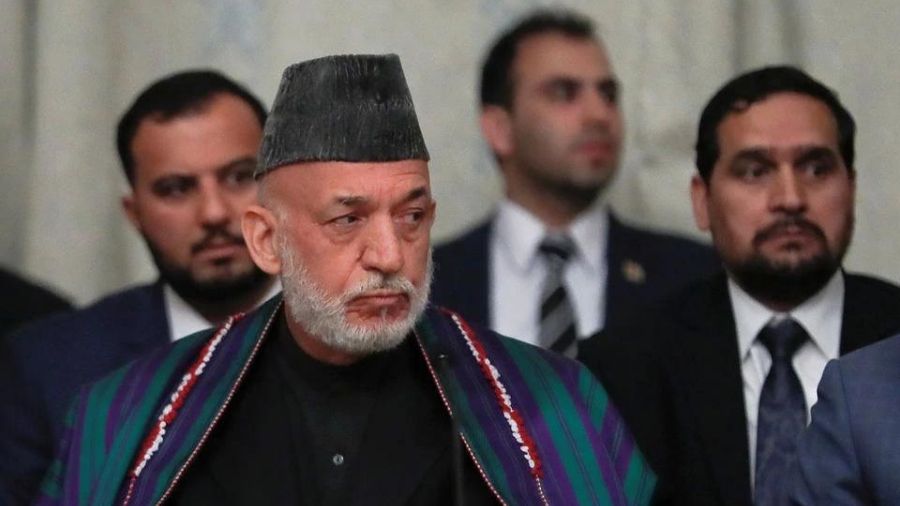The Indian government and the World Health Organization are locked in a bitter tussle over Covid-19 death numbers. But a blast from the past softened the UN health agency’s chief, Tedros Adhanom Ghebreyesus, when he visited India last week. The Ethiopian public health specialist recalled his Indian teachers and how he was introduced to Bolly- wood because of that connec- tion.
The incident was a reaffirmation of the myriad planned and unplanned ways in which education diplomacy has helped — and continues to help — India in strengthening bonds with other nations. But New Delhi now appears to be willing to sabotage that legacy for short-sight- ed politicking. Last Friday, the University Grants Commission and the All India Council for Technical Education issued a joint pub- lic notice stating that India will not recognize any college degree granted in Pakistan. Government figures suggest that 230 Indians are studying in Pakistan.
On Twitter, the former army chief, Ved Malik, alleged that the Hurriyat in Kashmir had been collecting cash from parents and from Pakistan’s intelligence services in exchange for helping Kashmiri students gain admission to colleges. But if that’s true, the move only punishes victims of a supposed scam — the students and their families — twice over. This, when Kashmiri students are routinely at- tacked and harassed across India — three were just released after spending six months behind bars because they cheered for Pakistan’s cricket team. All of this only reinforces the view many in Kashmir hold — that New Delhi cares only about the land, not its people.
But the implications of the unexplained ban extend beyond Kashmir and Pakistan. Early in its journey as an independent nation, India had used its quality educational institutions and technical expertise for diplomacy. Since 1964, several thousands of trainees from across the developing world have joined courses sponsored by Indian Technical and Economic Cooperation scholarships.
The Indian Council for Cultural Relations offers its own separate scholarships to foreign students. The lure of Indian higher education has drawn many influential minds from the neighbourhood. The
former prime minister of Nepal, Baburam Bhattarai, studied at Jawaharlal Nehru University; the former Afghan president, Hamid Karzai, at Himachal University; and Nobel Laureate Aung San Suu Kyi at New Delhi’s Lady Shri Ram College. It’s impossible to miss the warmth with which Karzai and Suu Kyi often speak of their time in India.
Indeed, memories of their youth can melt even dictators: Pakistan’s Zia-ul-Haq famously used to meet students from his alma mater, New Delhi’s St. Stephen’s College, when they visited Islamabad in the 1980s. More recently, India has tried to create new memories for fresh generations.
Since 2010, New Delhi has been home to the South Asian University, a rare public space where young people from across the region can study and live together under the mentorship of top
teachers and researchers.
Yes, that includes Pakistani students. The same year, the then Manmohan Singh government launched Nalanda University, an effort to use Buddhism as a shared link among India, many of its immediate neighbours and most of Southeast and East Asia. SAU and Nalanda University are among the boldest, longterm soft diplomacy initiatives India has undertaken in decades. Meanwhile, leading private universities draw several thousands of students from South Asia, the Middle East and Africa who, in turn, bring revenue to India.
But the move by regulators against Pakistani degrees sends the message that the Narendra Modi government is willing to draw the bridge on education diplomacy in the face of fears that must be dealt with by using other means. It’s a slippery slope. What if African nations blacklist Indian universities when their nationals face racist attacks? What if Pakistan pulls out of the SAU?
Education, like diplomacy, needs an open mind.
And it’s impossible to be open and closed at the same time.
(Charu Sudan Kasturi is a senior journalist who writes on foreign policy and international relations )











